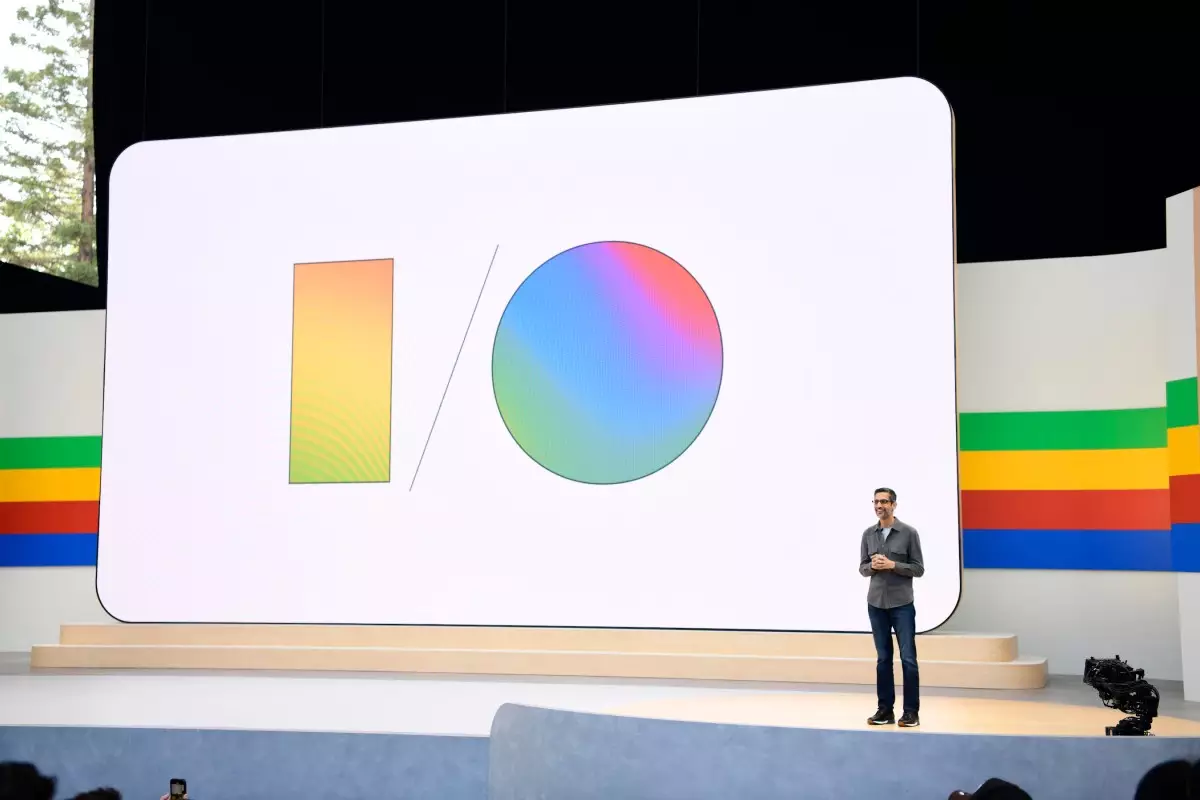The anticipation surrounding Google I/O 2023, scheduled for May 20-21 at the Shoreline Amphitheatre in Mountain View, has reached a fever pitch. As Google’s premier developer conference, it serves as a platform for unveiling groundbreaking products and innovative upgrades across its extensive ecosystem—encompassing the likes of Android, Chrome, Google Search, and YouTube. However, what truly sets this year’s event apart is the overwhelming focus on the integration of artificial intelligence, especially with the spotlight on Google’s latest AI advancements, including the ambitious Gemini project.
This year’s conference seems set to establish new paradigms in how users interact with technology, and in doing so, enable more personalized and intuitive experiences. Given the trajectory of developments leading up to I/O, one can expect fierce excitement, bolstered by Google’s competitive edge in AI technology.
Android Innovations Take Center Stage
Just prior to I/O, Google hosted The Android Show, where it unveiled an array of enhancements aimed at improving the Android ecosystem. Key announcements included innovative methods for locating lost devices, enhancements to the Advanced Protection program, and novel security features to counteract scams and theft. Coupled with these functional upgrades, a fresh design ideology called “Material 3 Expressive” promises to reshape the Android aesthetic landscape, making it not just functional, but visually captivating.
Moreover, the ongoing evolution of Android platforms hints at an intriguing trajectory for mobile device interaction. Such enhancements don’t just improve usability; they demonstrate Google’s commitment to fostering a secure and robust experience for Android users, especially in a rapidly evolving tech landscape.
The Gemini AI Revolution
At the heart of Google’s I/O agenda will undoubtedly be the Gemini AI model, an initiative that embodies the tech giant’s heavy investments in artificial intelligence. Leaked information suggests that an updated version of the Gemini Ultra model is imminent, which is expected to attract attention not only for its enhanced capabilities but also potentially for a revamped subscription pricing model. Currently, Gemini Advanced offers additional features at $20 per month, but indications point toward the introduction of two new subscription tiers—Premium Plus and Premium Pro.
Understanding the implications of this new pricing structure reveals the underlying competitive strategy; Google is clearly aiming to pull in a diverse audience, from casual users to advanced tech enthusiasts eager for state-of-the-art AI capabilities. The introduction of different subscription plans suggests a nuanced approach to monetization that can adapt to varied user needs, opening the doors for broader accessibility to advanced AI tools.
Strategic AI Developments and Projects
Another thrilling development likely to steal the limelight during I/O is Project Mariner. This initiative aims to build AI “agents” that can autonomously navigate and execute tasks across the web on behalf of users. The tantalizing prospect of having an AI do the repetitive grunt work while users focus on creativity or critical thinking is not merely a fantasy—it’s a glimpse into our potential future.
Alongside this, we can expect exciting discussions centered around Astra, Google’s overarching initiative to create a series of AI applications and “agents” that excel in real-time, multimodal understanding. As Google positions itself as a leader in the AI sector, the implications of these technologies could redefine user interaction with digital environments.
A Diverse Agenda Awaits
The I/O schedule reveals a rich tapestry of sessions dedicated to a variety of pivotal themes beyond mere product announcements. With focused discussions on Google Cloud, Chrome advancements, and the Google Play ecosystem, there is an implicit recognition of the interconnectedness of modern technology. By fostering a holistic digital environment, Google positions itself to not just compete but to lead.
Last year, surprises such as the education-focused LearnLM models captured attention, and one can only speculate on the novel innovations awaiting revelation this time around. Early hints of a “Video Overviews” tool, designed to create succinct video summaries leveraging Google’s advanced Veo 2 technology, only heighten this anticipation.
With each development poised to push the boundaries of technology, Google I/O 2023 promises to be a landmark event reshaping how we perceive and engage with AI and mobile technology. The future is undeniably bright, and for both developers and consumers alike, it is a thrilling time to be at the forefront of innovation.

